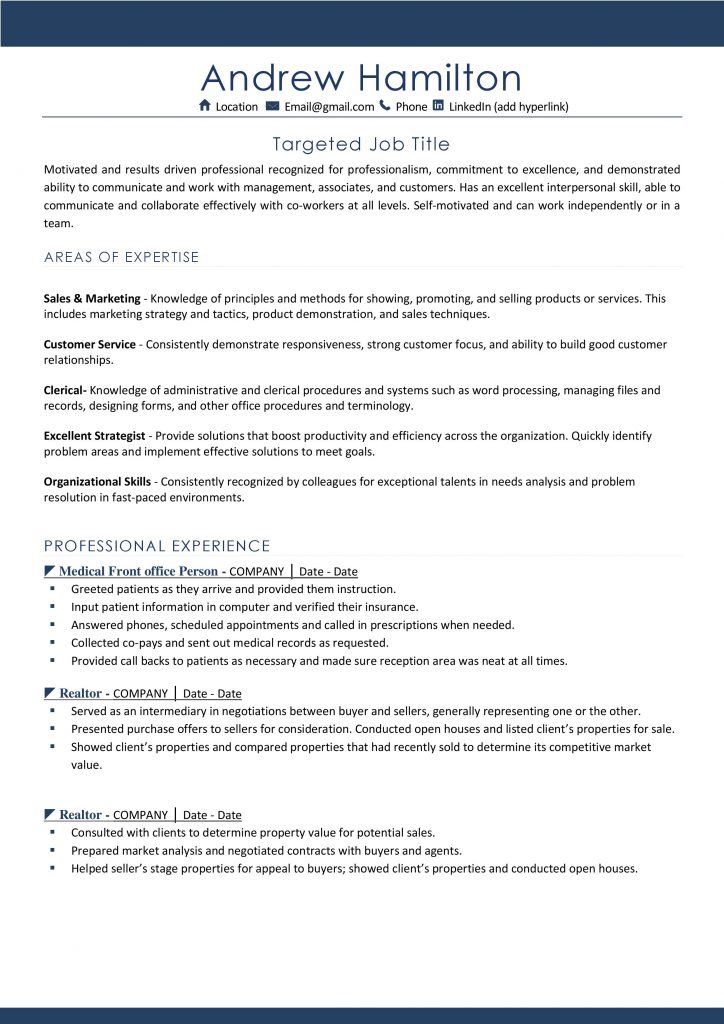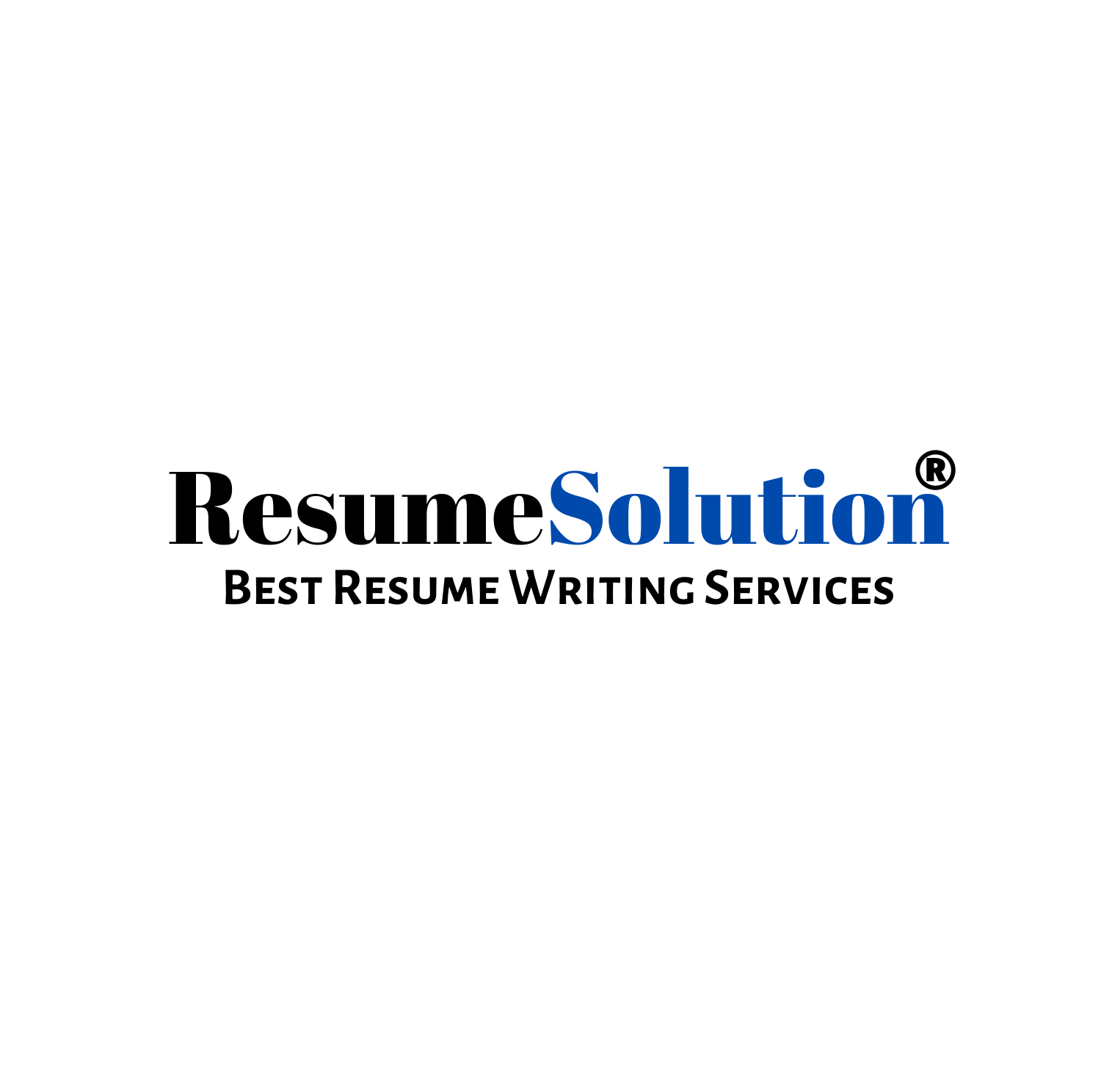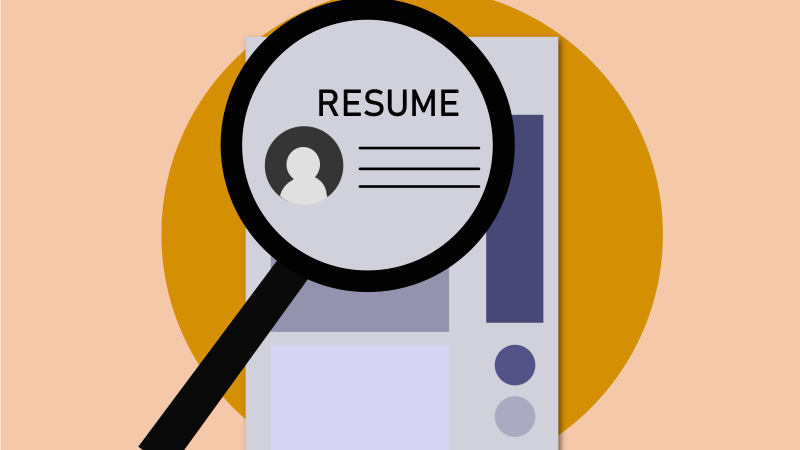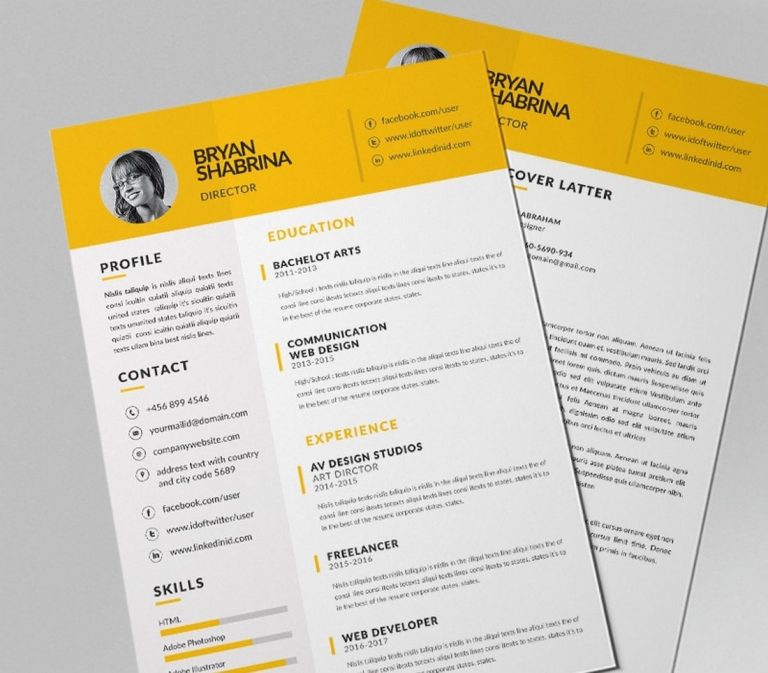How to create a resume with no Education
The best strategy for drafting a Resume when you lack formal education and even more so if you haven’t graduated high school. Probably, You can still be a high school student, have recently graduated from high school, or have earned your degree. In any case, you must make a résumé because every job you will apply for require a working resume. Despite the fact that you might not have a formal degree to contribute to the standard qualifications of a professional Resume, you do have talents, achievements, and other positive qualities that can help you stand out as a candidate for particular jobs.
Skill-based Resume
Thus, go with a skills-based resume rather than a conventional chronological one. Education, a list of your previous companies and jobs, and a chronological Resume are all included. A skills-based resume will put more emphasis on the abilities you have to offer a particular employer, lessening the importance of your lack of a formal degree in favor of the work experience you have obtained via your skills.
Consider the reasons you stand out among the other job hopefuls to an employer. What distinguishes you from them? Perhaps you have applicable abilities and real-world work experience for the position. Put your job history before your degree on your resume if your experience is more impressive than your education. Include information about your professional accomplishments, performance history, and industry expertise.
Give a thorough rundown of your professional achievements. Show that you have excellent work history and that you will be a valuable contribution to the business of your prospective employer. When hiring managers examine the Education portion of your resume, they ought to be so taken with what you have to give that they could ignore any educational shortfalls.
No Education section
It’s true that some businesses won’t be interested in you because you don’t meet the educational requirements for the position, but you’ll also discover employers that value your experience, abilities, and knowledge.
List your professional accomplishments in detail. Display your stellar work history and your ability to provide value to the operations of your potential company. Hiring managers should be so impressed by what you have to offer that they will overlook any educational deficiencies when reviewing the Education section of your resume.
Although it’s true that some employers won’t be interested in you because you don’t have the necessary degree, you’ll also find companies that respect your experience, skills, and expertise.
Even if you don’t have a formal degree, you can have continual training throughout your work. By adding a Professional Development section to the Education section, you can highlight all of your ongoing education. Consider conferences, in-service training, seminars, online learning, self-directed study, job-related training, certifications, and so on. This area may be quite impressive for some professionals, and demonstrating recent, current training might be more significant than an old degree.
Send your resume despite the requirement for a specific degree of education if you believe you can complete the position with your experience or talents. Although the hiring manager would prefer to hire someone with the specified amount of schooling, your additional qualities may make your Resume stand out.
Follow up on resumes you send whenever you can. Many firms automatically reject applicants who don’t match the educational criteria when they use automated resume-tracking systems. If you establish a personal relationship with a hiring manager, you will have a much higher chance of persuading an employer that you are a strong candidate.
Different ways to acquire a job
There are innumerable other ways—often far better ways—that you might have acquired the abilities required for the job even if you didn’t attend college. Did you complete an online training programme that resulted in a recognized certification? For instance, coding bootcamps are a cutting-edge substitute for college that may provide you industry-standard skills for a very small investment of money and time.
Conversely, if you never took any formal classes, it’s okay to claim that you are self-taught. Just make sure you can back it up. This can entail adding a portfolio of your work to your application or coming up with additional unique ways to highlight your skills.
Instead of concentrating on an unfinished or interrupted education when writing a resume without any degree to offer, emphasize the ways you’ve taken the effort to study and improve in your profession.
View resume example below.

Conclusions
Add any training you’ve received for your job, whether it was at your own initiative or at the request of your employer. They might consist of training programmes, gatherings, seminars, online classes, and certification programmes. In certain circumstances, an employer will find this more remarkable than a degree that is out of date and a lack of additional training. While some companies may reject you outright because you don’t have the required educational background, others may view you favorably because of your abilities, experience, initiative, and track record of success. You can rely on those businesses to appreciate what you first contribute to them.







